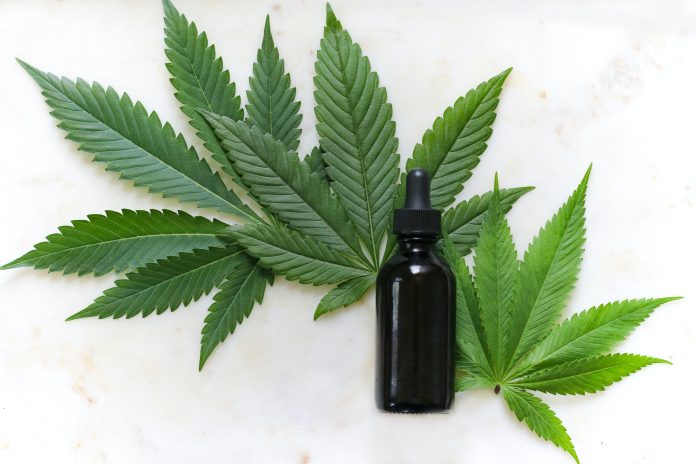UK customers purchasing CBD products online are receiving significantly less CBD than what’s advertised, according to a new study.
Researchers found that the advertised CBD content and the actual content often don’t match up, potentially highlighting manufacturing standards issues or degradation of CBD in consumer products.
In the study, 63 products – including oils, e-liquids, aqueous tinctures, and drinks – were tested using high performance liquid chromatography (HPLC) and gas chromatography-mass spectrometry (GC-MS).
The results were striking: on average, products contained 25.7 mg/ml less CBD than advertised in aqueous tinctures, 6.1 mg/ml less in oils, 6.9 mg/ml less in e-liquids, and a minor 0.03 mg/ml less in drinks. Oils showed the least deviation from advertised CBD content, while aqueous tinctures and drinks saw the highest discrepancy.
The research also revealed that a mere 8% of tested products had CBD concentrations within 10% of the amount advertised.
This alarming figure suggests that many UK consumers aren’t receiving the CBD doses they believe they’re getting from a product.
CBD, a non-psychoactive cannabinoid found in cannabis, is available over the counter in the UK and has seen a rapid increase in demand.
Many consumers believe CBD can help manage specific medical conditions such as epilepsy, and improve general health and wellbeing.
The findings highlight a significant issue with the CBD industry in the UK – the over-labelling of CBD concentrations.
This disparity raises concerns over the quality of CBD products available in the UK market and suggests an urgent need for improved regulation and product standards.
Researchers concluded that while product type affects the magnitude of deviation from advertised CBD content, product price did not.
It was also noted that oils deviated less than other products from their advertised CBD content.
Future research will look into determining rates of CBD degradation in consumer products and within-product variability in labelling accuracy.


